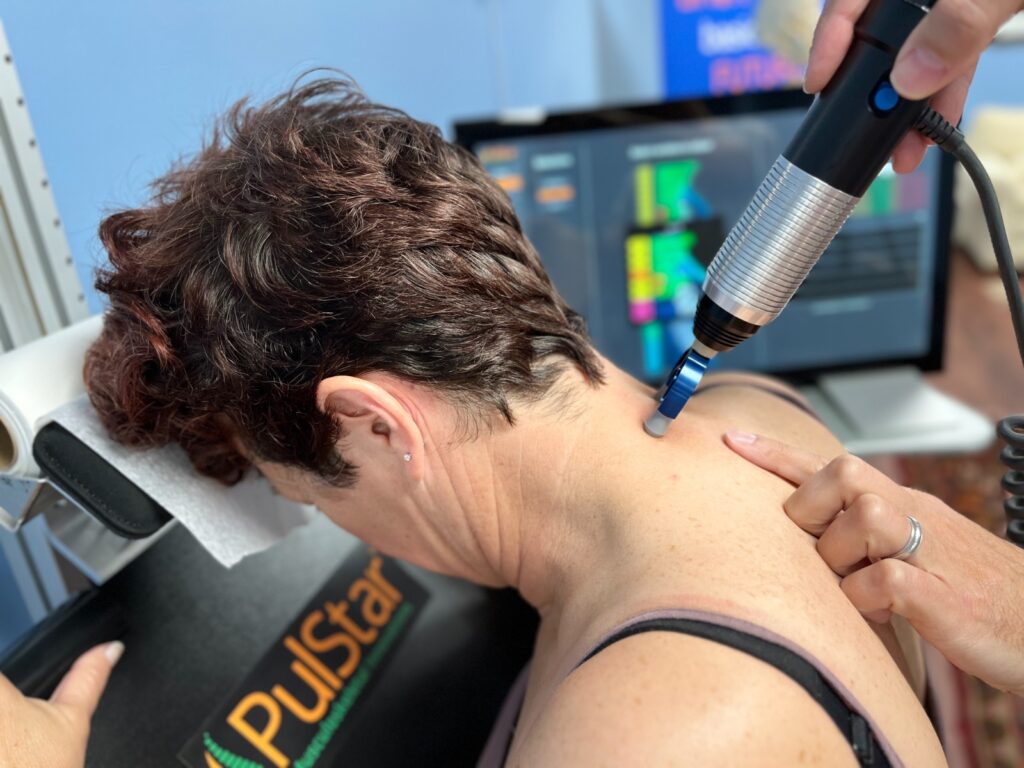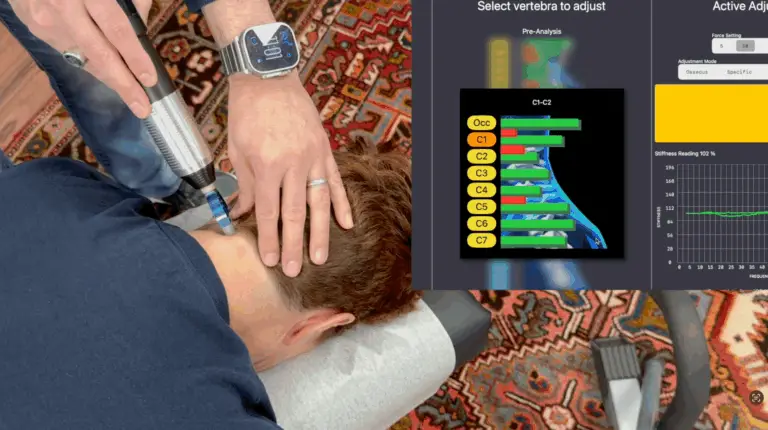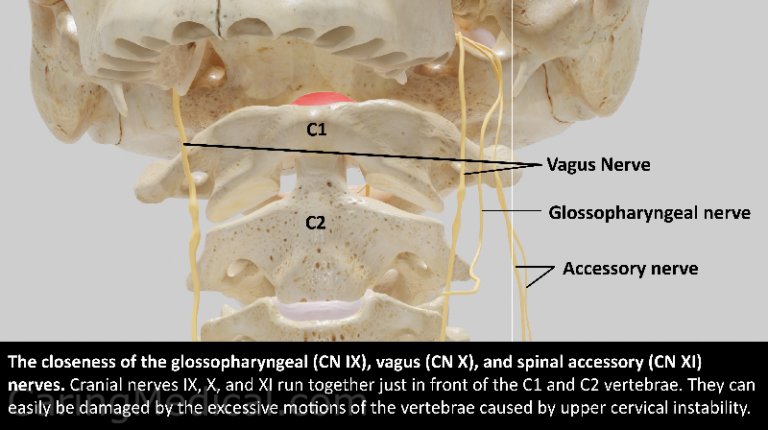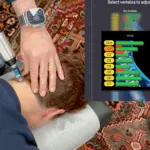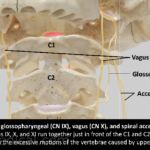As a Chiropractor, you may frequently address patients’ concerns about the necessity of X-rays and the associated radiation exposure. The PulStar presents a compelling alternative, offering a radiation-free method for spinal assessment and adjustment. This innovative system uses computer-assisted impulses to deliver real-time information on spinal function and mobility, enabling precise pinpointing of pain sources and immediate adjustments to resolve those issues.
The Drawbacks of X-ray Radiation
X-rays expose patients to small amounts of radiation. For instance, a standard chest X-ray involves about 0.1 millisieverts (mSv) of radiation, equivalent to ten days of natural exposure. While each exposure is minimal, repeated X-rays can cumulatively increase radiation exposure over time, posing potential health risks.
PulStar: The Radiation-Free Solution
The PulStar uses gentle, computer-assisted impulses to assess and adjust the spine, avoiding radiation altogether. This system provides real-time information on spinal function and mobility, enabling chiropractors to pinpoint pain sources with high accuracy and adjust treatment dynamically.
Why PulStar is More Advanced than X-rays
-
No Radiation Exposure: Unlike X-rays, the PulStar does not involve radiation, making it a safer option, especially for frequent assessments.
Real-time Functional Assessment: The PulStar offers immediate feedback on spinal function, which is more dynamic and useful compared to the static images from X-rays.
Higher Precision and Immediate Adjustment: The PulStar identifies problem areas precisely and enables immediate adjustments, often leading to quicker pain relief.
Clinical Evidence Supporting the PulStar
Research has demonstrated the effectiveness of the PulStar in various treatments. For instance:
- Lumbar Strain: Studies show significant pain relief in patients with acute lumbar strain when adjusted with the PulStar, compared to traditional methods.
Cervical Spondylosis: The PulStar has been effective in relieving pain and improving function in cervical spondylosis patients.
- Supraspinatus Tendon Calcification: PulStar adjusting resulted in excellent outcomes for patients with calcification of the supraspinatus tendon, with minimal pain and quick recovery.
Comparison with X-rays
A comparative study between X-ray analysis and Computerized Fixation Imaging (CFI) using PulStar revealed a high degree of correlation in identifying spinal issues. CFI, however, offers additional benefits such as non-invasiveness and the ability to be used frequently without health risks.
While X-rays have been a traditional tool for spinal assessment, the PulStar provides a safer, more accurate, and dynamic alternative. Its ability to offer real-time assessments without the risk of radiation exposure makes it an excellent choice for chiropractic care, ensuring patient safety and effective treatment.

